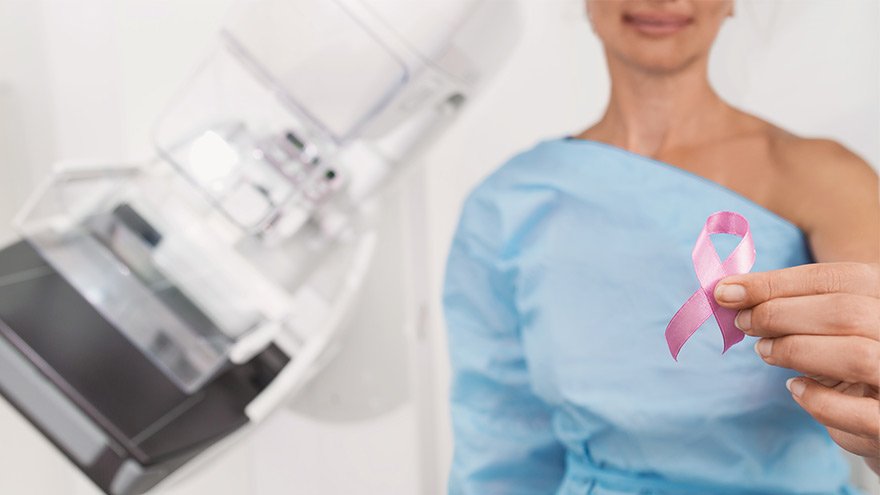

Abdominal pain is one of the most common reasons for an Emergency Room visit. The abdomen is an area that encompasses multiple organs and functions. So how would you know when the pain you are feeling is an ovarian cyst or something else, and when should you seek medical attention? Dr. Carilyn Hoffman, at Renown Women's Health, explains.
Ovarian Function Defined
Located on each side of the uterus, the ovaries are part of the female reproductive organs and produce eggs (ova), released during the menstrual cycle, allowing for fertilization and pregnancy. They also produce hormones such as estrogen and progesterone, which play an important role in female traits, bone health, cardiovascular health and pregnancy.
Symptoms of an Ovarian Cyst
Cysts are solid or fluid-filled masses. Ovarian cysts can be in the ovary or on its surface. When cysts are enlarged or rupture, they can create a dull ache or sharp pain below the belly button. Besides discomfort and pain, other symptoms of ovarian cysts may include bloating, fullness, pressure or heaviness. "Ovarian cysts are common; most are physiologic and will go away on their own. They are frequently found incidentally on ultrasound and are present in the middle of the menstrual cycle," says Dr. Hoffman. "However, if a woman experiences sudden and severe pelvic pain they should seek immediate medical attention. Sometimes ovarian cysts can become large and twist on themselves. This is called ovarian torsion and is a surgical emergency. Other times, cysts can rupture and bleed. This is called a hemorrhagic cyst and can also be a surgical emergency."
Diagnosis and Treatment
If an ovarian cyst is suspected, your doctor will perform a pelvic exam and order an ultrasound. There are certain ultrasound findings that suggest that the cyst is benign. There are other ultrasound findings that are concerning for cancer. Small simple cysts often resolve on their own, whereas solid or very large cysts may require surgery.
Women's Health Services

Treatment Options May Include
- Reassurance – If the cyst is not causing pain, is small and simple in nature, and was found incidentally on ultrasound it is likely a normal part of the menstrual cycle and may not require follow up.
- Monitoring – If the cyst is not causing severe pain, your doctor may schedule a follow up ultrasound to monitor the cyst for growth and/or resolution.
- Medication – Hormonal contraceptives such as birth control pills keep women from ovulating, which in turn can help prevent future cysts caused by ovulation.
- Lab Work – Your doctor may recommend lab work called tumor markers. Elevations in these labs may suggest that the cyst is cancerous and will need consultation with gynecology oncology.
- Surgery – If a cyst is large, painful, or the provider is concerned that it may be cancerous, the provider may recommend surgery. Minimally invasive laparoscopic surgery is usually the preferred method. If the cyst is large, a procedure using a larger incision may be required.
Ovarian Cancer
Currently there are no means to screen for ovarian cancer. Due to this, it is very important that post-menopausal women seek care if they have symptoms of an ovarian cyst. It is also important to let your healthcare provider know if you have a family history of ovarian cancer so genetic testing can be discussed.
To schedule an appointment with Dr. Carilyn Hoffman or a Renown Medical Group - Women's Health provider, please call 775-982-5000.
Related Blogs


Holiday Health for Teens
